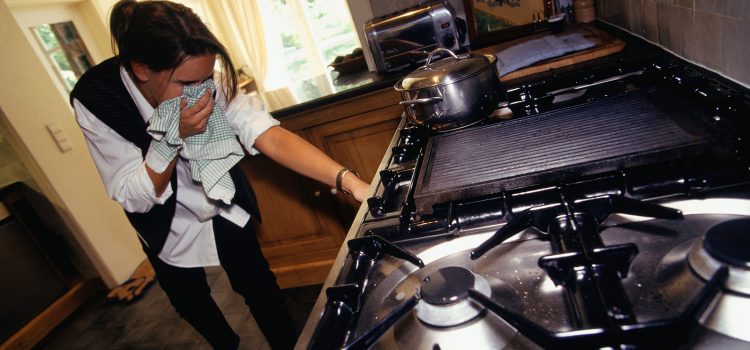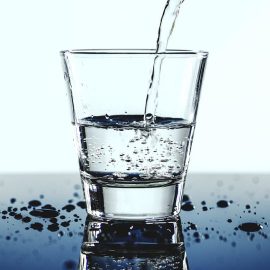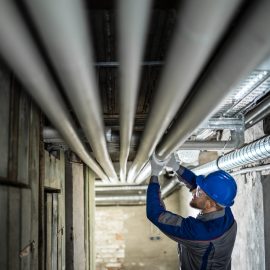
Natural gas is an odorless and colorless fossil fuel energy source. Known as the lowest-carbon hydrocarbon, natural gas consists of a mixture of gaseous hydrocarbons, but its main component is methane. Like other fossil fuels, natural gas also comes from animals, plants and microorganisms that were initially in thick layers under the earth’s surface, on ocean floors and in other areas.
Natural gas is usually considered one of the cleanest-burning and safest fossil fuel sources. That being said, natural gas is now a widespread energy source because it can produce huge amounts of heat when small amounts of fuel are burned. This is the main reason why natural gas is a commonly traded commodity with many residential, industrial and commercial applications. From providing warmth for cooking and heating to fueling power stations that provide electricity to homes and businesses, natural gas plays an important role in our modern lives.
However, when natural gas doesn’t stay contained and leaks from a pipeline and into an area where it shouldn’t be, it can trigger deadly chaos.
So, let’s learn more about gas leaks and identify the signs of potential leaks.
What Is a Gas Leak and How Does It Occur?
 A gas leak can come in different varieties and sizes, but generally speaking, a gas leak can occur anytime and anywhere in a house.
A gas leak can come in different varieties and sizes, but generally speaking, a gas leak can occur anytime and anywhere in a house.
Natural gas is widely used in many households around the world as a fuel source for gas stoves, ranges, hot water heaters and other appliances. Although it is considered generally safe, natural gas can quickly lead to a severe safety hazard if it leaks from any supply lines of a house. This hazard can be caused by the following:
Poor or Damaged Fittings/Connections
Fittings refer to all the valves, pipes, meters and elbow connectors that are used to safely carry natural gas from your house’s main supply line to each gas-powered appliance. Gas fittings come in a variety of styles, depending on the application or on the gas-powered appliances. It would then take a great deal of skills and expertise to make reliable and long-lasting installations. To get this job done right, you will have to hire a trained and experienced plumber. However, if the plumber leaves you with a botched job or has used old and degrading materials, there is the risk of a gas leak.
Lack of Proper Appliance Maintenance
Just like your car, the appliances in your house need regular maintenance to function properly and last as long as possible. With time, dirt and grime can accumulate on your appliance and causes the appliance parts to work harder than usual, thus using more energy. Maintaining your appliances can improve the energy efficiency of your appliances and prevent your bills from going up.
On the other hand, neglecting appliance maintenance can result in breakdowns and lead to expensive repairs or replacements. In the worst scenario, a lack of proper maintenance of a water heater, for example, can lead to leaking. So, if you want to lengthen the lifespan of your appliances and prevent safety hazards, start scheduling maintenance services for your appliances.
Appliance Malfunction
Sometimes, even if you’ve bought the highest-quality gas-powered appliance and have well-maintained it, it can still malfunction and lead to a gas leak. In some cases, newly-bought appliances have led to leaking.
Signs of a Gas Leak:
.jpg) When coming into contact with any kind of flame or space, a gas leak can trigger devastatingly explosive consequences. For instance, even a build-up of unexploded gas can reduce indoor oxygen levels drastically and cause unconsciousness or even death. So, here are some signs you can follow to prevent any catastrophic event from taking place.
When coming into contact with any kind of flame or space, a gas leak can trigger devastatingly explosive consequences. For instance, even a build-up of unexploded gas can reduce indoor oxygen levels drastically and cause unconsciousness or even death. So, here are some signs you can follow to prevent any catastrophic event from taking place.
- Rotten egg smell
- A hissing sound comes from your appliances or from any gas lines.
- Dying plants
- Orange flame
- Higher gas usage



